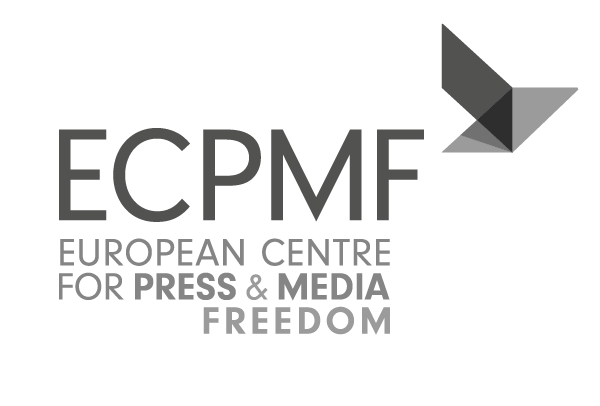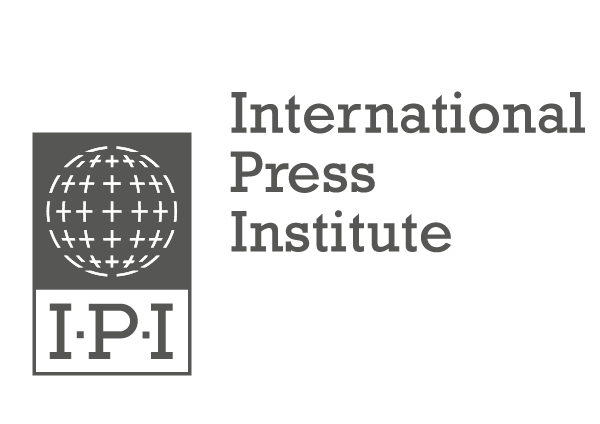
Over the last seven days, violence, intimidation, harassment and assault have been used to stop journalists from doing their job in the countries covered by Index on Censorship’s project Mapping Media Freedom.
Project manager Hannah Machlin explained why incidents in Azerbaijan and Ukraine are particularly alarming. She called the Azerbaijani incident “the most serious violation to press freedom in the past few days and it shows the situation in the region continues to be disturbing”.
The violation, which took place in late May, was against exiled Azerbaijani journalist Afgan Mukhtarli, who was abducted and allegedly tortured before being taken across the border and put in pre-trial detention in Azerbaijan.
“This shows that Georgia can’t be considered a safe haven for opposition journalists and activists as well as reiterates the continued crackdown on press freedom in Azerbaijan,” Machlin said. The incident has been reported to the Council of Europe’s platform on the protection of journalism to enable that organisation to pursue discussions with the country’s representatives. Index on Censorship joined other press freedom organisations to request the Georgian government take action on the incident.
Machlin said the situation in Ukraine “indicates a complex issue in a war-torn area”. She said the “the report shows that there’s still renewed violent intimidation tactics perpetrated by the separatists against Ukrainian public broadcasters in Donbas”. She explains this is interesting because it shows that the separatists are targeting channels of free information set up by Kyiv and that Ukraine is even trying to install public broadcasters in the eastern region controlled by self-proclaimed authorities because the country “is trying to put a press presence back in there”.
Azerbaijan: Journalist kidnapped, beaten and sentenced by country that exiled him
29 May 2017 – Azerbaijani journalist Afgan Mukhtarli was on his way home but never made it.
Mukhtarli was reportedly kidnapped from his neighbourhood after being forced into a car with his hands tied together. He was also beaten with a broken nose and bruises all over his head and face.
He then was transported back to Azerbaijan without a passport.
Mukhtarli was charged for illegally crossing the border, smuggling and resisting law enforcement and was also accused of being in possession of 10,000 EUR during the police search at the border.
One day later on 30 May, he was sentenced to three months in pretrial detention.
Mukihtarli’s wife and child in still in Tbilsi where they fled after escaping Azerbaijan in 2015 when Mukhtarli was threatened over his investigative reporting on corruption in the Azerbaijan.
Ukraine: Two assailants smash front door of regional TV channel
26 May 2017 – Do TeBe, a new TV channel, endured a smashing of their front door by two unidentified assailants.
Police came to the channel, located in Donetsk oblast and are now investigating the incident.
Do TeBe’s deputy director Ilya Suzdalyev said “We are in the front line region, even what looks like hooliganism must be thoroughly investigated and perpetrators should be punished. Especially when it is, in fact, an attack on the public broadcaster, which was just created in Ukraine.”
Do TeBe TV channel is a regional branch of the National Public Broadcasting Company of Ukraine.
Serbia: Journalists assaulted by supporters of new president at inauguration
31 May 2017 – Outside the parliament building where the 2017 presidential inauguration took place journalists were assaulted by supporters of the new president.
Lidija Valtner, a journalist for daily Danas, was filming and interviewing an anti-government protester when she was assaulted by a group of supporters. Not only did they shove her around and try to take her mobile phone, but they also assaulted the protester she was interviewing.
Another journalist on the scene was reporting for Radio Belgrade when she was pushed and her equipment thrown to the ground.
Journalists for Balkan Investigative Reporting Network (BIRN) and Vice Serbia were also harassed with violence from the crowd whilst they were taking photos of the clashes. The police asked for their IDs after they witnessed a few men ripping a protest banner.
The assailants are still on the loose.
Russia: Local news website receives content threats
31 May 2017 – An unknown person called the editor-in-chief of the local news website Kurier.Sreda.Berdsk and threatened her and the editorial staff. Galina Komornikova’s outlet is located in the Novosibirsk region in Berdsk.
On the call, the individual said that “the Syrian theme is not one for journalists”.
The call may have been in response to a story published by the outlet the day before about the secret funeral of a Berdsk resident and Russian military officer. Yevgeni Tretyakov, who was killed in Syria on 15 May, may have belonged to private Russian military troops as he was not an official Russian army contractor.
The outlet then commented on the article saying “An unknown individual called us and promised to ‘come and handle us on behalf of law enforcement agencies’ following the article.”
Para-military private troops are not a new concept. Both Russian and international civil investigative groups and media outlets have been reporting evidence for these groups in the Syrian conflict.
A comment was also left by user “The Animal” stating “Actually, data on military casualties is classified, therefore, I would not be surprised if special people came to visit you to shake a bit, you and your sources.”
France: Journalist grabbed and kissed by tennis player during interview
29 May 2017 – After elimination while being interviewed, tennis player Maxime Hamou tried to kiss channel Eurosport journalist Maly Thomas several times.
It was at the Rolland Garros tournament where Hamou grabbed Thomas and tired kiss her on the neck and cheek.
Mapping Media Freedom
Click on the bubbles to view reports or double-click to zoom in on specific regions. The full site can be accessed at https://mappingmediafreedom.org/





